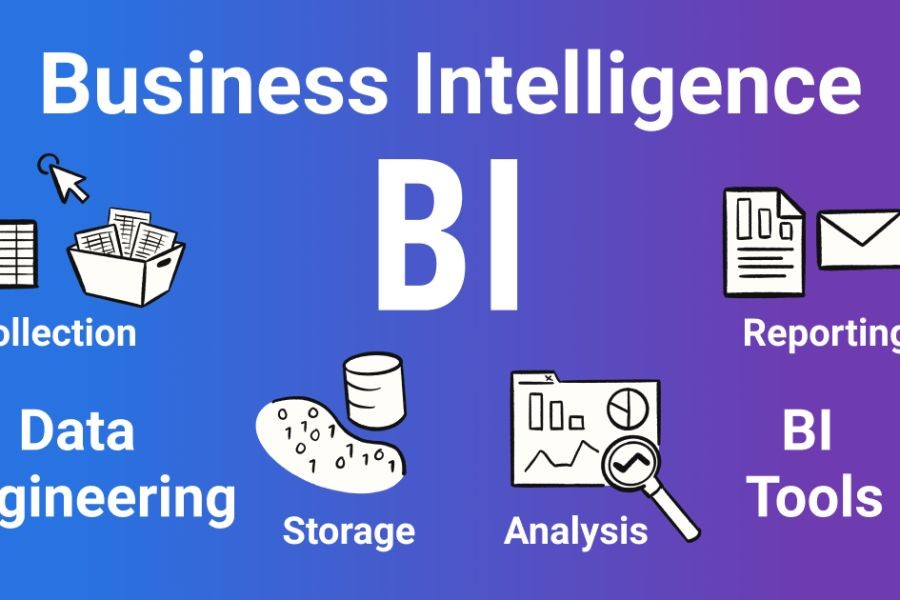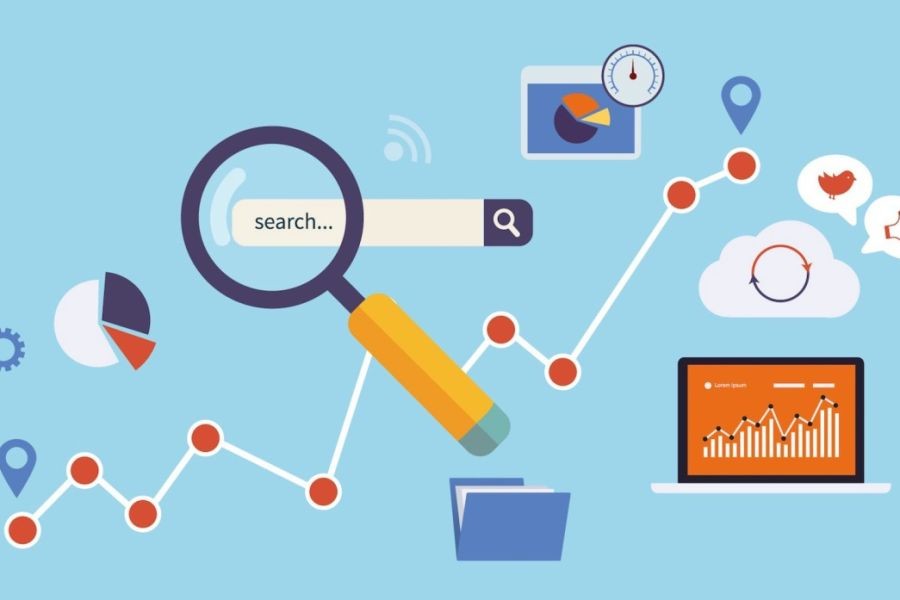As we delve into the future of Australia's real estate industry, it becomes increasingly evident that Artificial Intelligence (AI) will play a transformative role over the next two decades. With rapid advancements in technology, AI's potential to revolutionize real estate operations, from property management to investment strategies, cannot be underestimated. This article explores how AI will impact Australia's real estate landscape, backed by data, case studies, and expert insights.
The Current State of Australia's Real Estate Market
Australia's real estate market is dynamic and multifaceted, with unique challenges and opportunities. According to the Reserve Bank of Australia (RBA), the housing market has shown resilience, with property prices rising by 12% in Sydney alone in 2024. However, affordability and sustainability remain pressing concerns, prompting the need for innovative solutions.
AI's Role in Shaping Real Estate Trends
AI is poised to bring significant changes to the real estate sector. By leveraging big data, machine learning, and predictive analytics, AI can enhance decision-making processes for investors, developers, and consumers alike. One disruptive technology trend is AI-driven valuation models, which offer more accurate property assessments compared to traditional methods.
Case Study: AI-Enhanced Property Management
Case Study: Mirvac - Streamlining Property Management with AI
Problem: Mirvac, a leading Australian property group, faced challenges in managing their extensive portfolio of residential and commercial properties. Inefficient processes led to increased operational costs and decreased tenant satisfaction.
Action: To address these issues, Mirvac implemented AI-powered property management systems. These systems utilized machine learning algorithms to optimize maintenance schedules, predict tenant needs, and automate billing processes.
Result: After a year of implementation, Mirvac reported significant improvements:
- Maintenance costs reduced by 30%
- Tenant satisfaction scores increased by 25%
- Operational efficiency improved, leading to a 15% reduction in response times
Takeaway: Mirvac's success demonstrates AI's potential to revolutionize property management, offering valuable insights for other Australian real estate companies seeking to enhance efficiency and tenant satisfaction.
Financial Implications and Investment Strategies
AI's integration into real estate not only streamlines operations but also influences investment strategies. AI-driven analytics provide investors with deeper insights into market trends, property values, and risk assessments. A report from CoreLogic indicates that investors using AI-powered tools have seen a 20% increase in returns compared to those relying on traditional methods.
Common Misconceptions About AI in Real Estate
Myth: AI will replace human roles in real estate.
Reality: While AI automates certain tasks, it enhances, rather than replaces, human expertise. AI assists professionals in making data-driven decisions, fostering collaboration between technology and human insight.
Myth: AI is too complex for small-scale real estate businesses.
Reality: AI solutions are increasingly accessible, with scalable options tailored to businesses of all sizes. Small and medium-sized enterprises (SMEs) can leverage AI to gain competitive advantages and improve operational efficiency.
Regulatory Insights and Ethical Considerations
As AI adoption grows, regulatory bodies such as the Australian Competition & Consumer Commission (ACCC) and the Australian Prudential Regulation Authority (APRA) play crucial roles in ensuring ethical AI deployment. Guidelines emphasize transparency, data privacy, and fairness, aligning AI practices with consumer protection standards.
Future Trends and Predictions
The future of AI in Australia's real estate industry is promising, with several key trends emerging:
- AI-Driven Sustainability: By 2030, AI will be instrumental in achieving sustainability goals, optimizing energy consumption and reducing environmental impact.
- Smart Cities: AI will facilitate the development of smart cities, integrating technology to enhance urban living experiences and infrastructure.
- Personalized Real Estate Experiences: AI-driven personalization will revolutionize customer experiences, tailoring property recommendations and services to individual preferences.
Conclusion and Call to Action
As AI continues to reshape Australia's real estate industry, it presents opportunities for enhanced efficiency, investment strategies, and sustainability. Embracing AI-driven innovations will be key for industry stakeholders to thrive in the future landscape. What steps are you taking to integrate AI into your real estate operations? Share your insights below and join the conversation on how AI can transform the industry.
People Also Ask
- How does AI impact real estate investments in Australia? AI enhances investment strategies by providing data-driven insights, leading to a 20% increase in returns for investors using AI tools (Source: CoreLogic).
- What are the ethical considerations of AI in real estate? Ethical considerations include data privacy, transparency, and fairness. Regulatory bodies like the ACCC ensure AI practices align with consumer protection standards.
- What future trends will AI bring to Australia's real estate industry? Future trends include AI-driven sustainability, smart cities, and personalized real estate experiences, reshaping urban living and investment strategies.
Related Search Queries
- AI in Australian real estate
- Future of real estate technology in Australia
- AI-driven property management solutions
- Sustainability trends in Australian real estate
- Smart cities and AI in Australia
- Real estate investment strategies with AI
- Ethical AI practices in real estate
- AI and urban development in Australia
- AI adoption in Australian real estate
- Regulatory insights for AI in real estate






































The Posh Tantric London
1 month ago